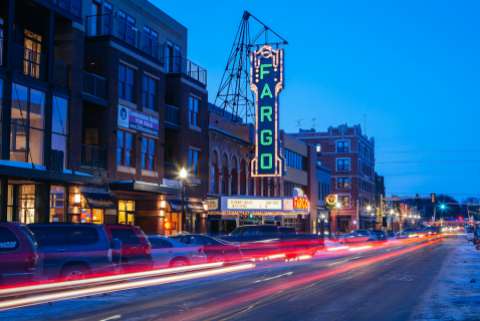On Monday, a United States District Court Judge in North Dakota ruled that the state’s law preventing called ID spoofing is unconstitutionally encroaching on Congress’s authority to regulate interstate trade.
When North Dakota passed its Anti-Spoofing Act in 2019, SpoofCard, a New Jersey-based spoofing service, filed a lawsuit, arguing that it infringed on congressional authority. The law outlaws caller ID spoofing if done with the intent to defraud or mislead consumers, something that is outlawed at the federal level by the Truth in Caller ID Act of 2009. The North Dakota law also outlaws the use of a telephone number that the caller does not own.
SpoofCard argued that the law was unconstitutional because they and their clients could be held civilly liable in North Dakota despite the fact that they "can never be certain where their users, or the parties they or their users are calling, are located.” SpoofCard also pointed out that similar anti-spoofing laws in Florida and Mississippi were struck down due to similar concerns that they effectively, unconstitutionally regulated interstate commerce.
The judge found this argument compelling, writing in his decision, "It is impossible for the Plaintiffs to determine where the individual called is physically located at any given moment. Due to this impossibility, it cannot be reasonable for the Plaintiffs to determine whether a person called is or is not physically within North Dakota.” In striking down the law over these interstate commerce concerns, the judge declined to address SpoofCard’s other arguments against the law, including the argument that it violates protected speech.





